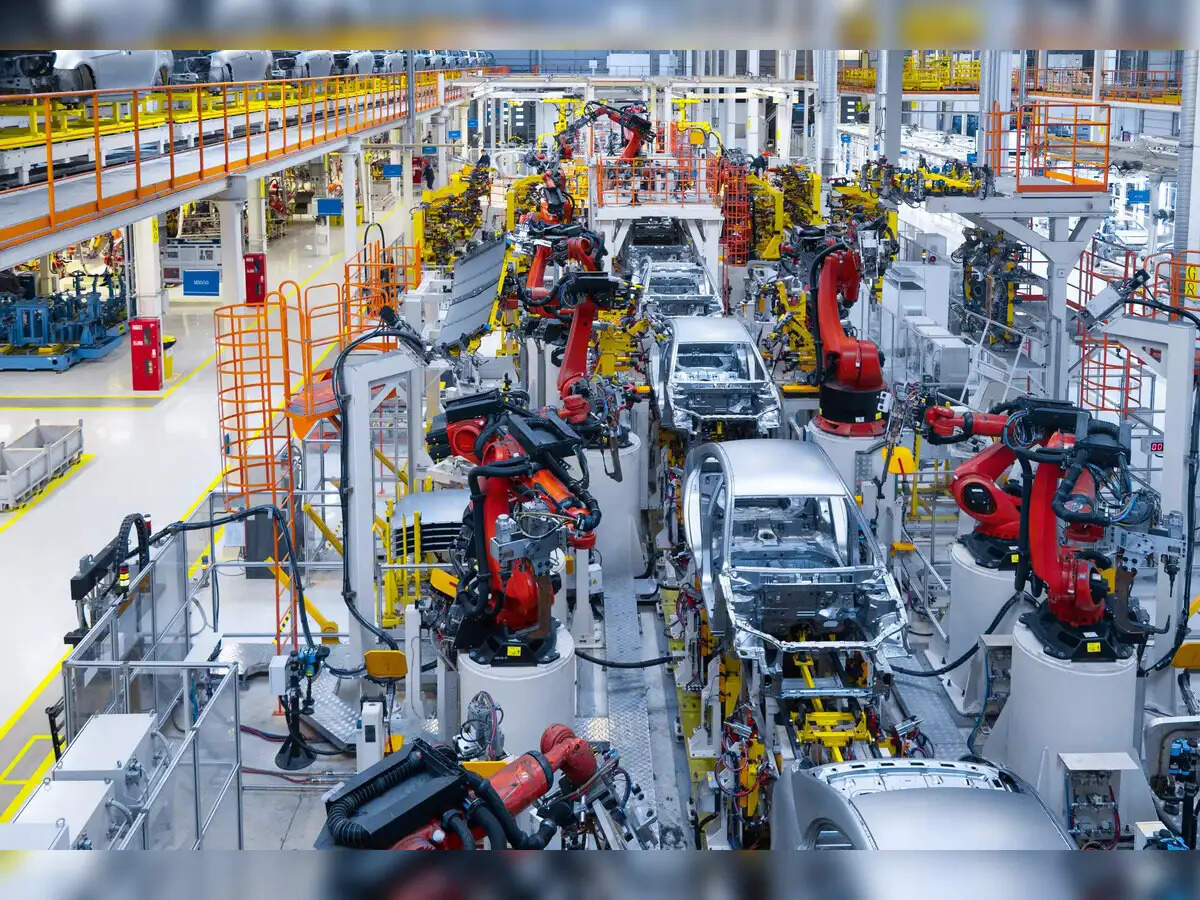- Industry
- 2 min read
Urgency grows in Motown India as rare earth deadlock deepens, call goes out to govt for help
With China controlling a significant portion of the global supply, the recent export restrictions are causing disruptions in production and could lead to increased costs for manufacturers.
China is a dominant player in the rare earth magnet market, controlling over 90 per cent of the global processing capacity. The Chinese government implemented new regulations on April 4, requiring special export licences for seven rare earth elements and related magnets. This decision has already impacted manufacturers beyond India; for instance, Suzuki Motor in Japan has halted production of its Swift model due to these curbs.
Industry response
In response to the situation, Maruti Suzuki India’s Senior Executive Officer, Rahul Bharti, indicated that China is now requiring an end-user certificate, which must be endorsed by the Indian government. He stated, “So that process is on and industry is in discussion with the government.” Experts in the automotive sector are expressing growing concern about the repercussions of this supply chain disruption. Rajat Mahajan, a Deloitte India Partner, highlighted the significance of rare earth metals in electric motors, noting that the shortage poses a serious risk to the production of EVs.
He said, “This has been an R&D topic for the automotive industry for a long time but till now other magnetic materials have not seen large scale commercial usage in applications like EV.”
Potential implications
The implications of these export restrictions could be substantial. Srikumar Krishnamurthy, Senior Vice President at ICRA, pointed out that rare earth magnets are essential for multiple functionalities in EVs, including electric motors and regenerative braking systems.He warned that continued restrictions could lead to “inflationary pressures” and disrupt production schedules if a steady supply of these materials is not established.
As the industry evaluates alternatives to reduce reliance on rare earth magnets, experts caution that finding immediate substitutes will prove challenging. The critical materials involved include samarium, gadolinium, terbium, dysprosium, and lutetium, all of which are vital not only in automotive applications but also in other technologies such as smartphones and missile systems.
While industry leaders are hopeful for a resolution through diplomatic channels, the urgency of the situation cannot be overstated, PTI's report said. As the automobile sector continues to grapple with these challenges, the need for government intervention and support has never been more critical, it added.



COMMENTS
All Comments
By commenting, you agree to the Prohibited Content Policy
PostBy commenting, you agree to the Prohibited Content Policy
PostFind this Comment Offensive?
Choose your reason below and click on the submit button. This will alert our moderators to take actions